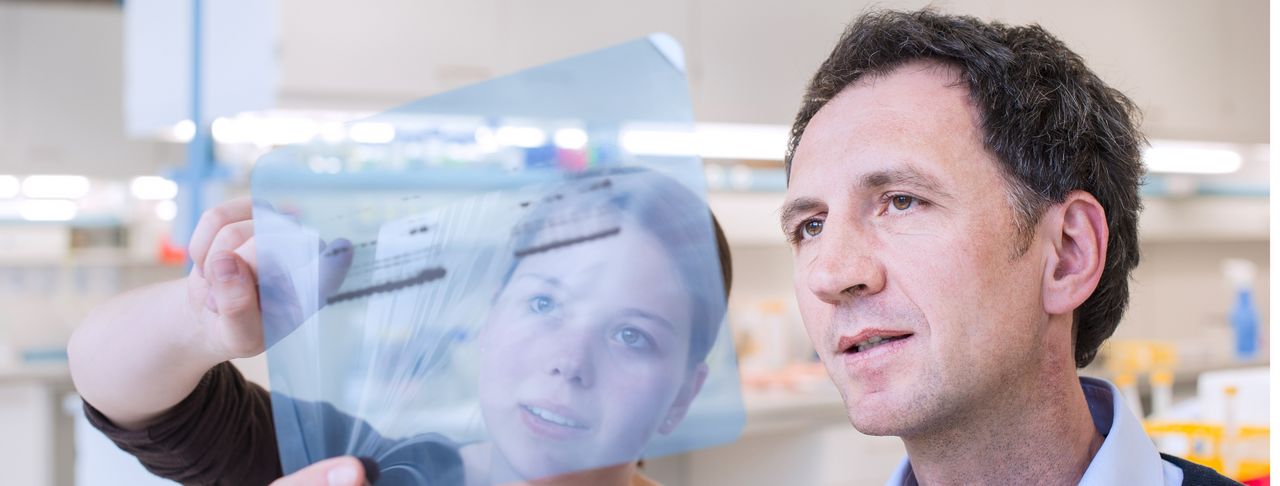What is a cooperative doctorate?
While the strength of traditional universities lies in the unity of research and teaching, universities of applied sciences are distinguished by the connection with application and focus on training. Due to their research strength, only universities bear the right to award doctorates in Bavaria.
However, there are also excellent young scholars and scientists who are doing research at universities of applied sciences and seek a doctorate in their field. At the same time, many professors at universities of applied sciences have a wealth of research experience and would like to supervise doctoral projects.
To harness the strengths of both forms of higher education institution in a complementary way and make it easier for excellent graduates of university of applied sciences to pursue a doctorate, a joint framework for cooperative doctorates was developed in Bavaria under the auspices of the Bavarian Academic Forum (BayWiss). In this model, doctoral candidates are supervised jointly by one professor from a university and one from the relevant university of applied sciences. Once the candidate successfully completes his or her doctoral research, the university awards the doctorate.
Cooperative doctorate at TUM
During the application process, applicants are required to find one supervisor at TUM and one at the participating university of applied sciences.
A framework agreement is generally not required for cooperative doctorate. The applicant fills out the supervision agreement jointly with both supervisors. You can find a template for this on the website of the relevant Graduate Center, which should be involved in the application process at an early phase.
Candidates who are engaged in a cooperative doctorate are registered as doctoral candidates at TUM and are required to follow the program at TUM Graduate School. After the dissertation is submitted and the oral exam – at which both supervisors are part of the examination committee – is passed, the relevant degree-awarding institution at TUM awards the doctorate.
Institutionalized partnerships
In addition to individual cooperative doctoral research, TUM also solidifies its engagement in this area through institutionalized partnerships with selected universities of applied sciences.
In a Verbundkolleg (collaborative research group), doctoral candidates from the university and the university of applied sciences do research jointly on defined topics. There are currently six of these groups in Bavaria.
TUM, in cooperation with TH Ingolstadt and Kempten University of Applied Sciences, hosts the “Mobility and Transport” research group. TUM is also a member of other BayWiss collaborative research groups:
The collaborative research groups offer a structure for joint research activities and serves as a central point of contact for all interested parties. It provides organizational support during the doctoral process and financial aid for doctoral projects.
The TUM Applied Technology Forum (ATF) is a doctoral program for graduates of selected universities of applied sciences.
Research in engineering increasingly relies on research groups that have experimental and theoretical/methodological skills in equal measure. With this in mind, the ATF reaches out specifically to graduates of universities of applied sciences and integrates their doctoral projects into the research being performed at the Munich School of Engineering.
Each project is applied for and supervised by a team of researchers comprising instructors from the specific university of applied sciences and TUM.
For further information, please visit the website of the Munich School of Engineering.
